Fire Control Panels
Reliably protecting people and property from fire begins with the building’s fire control panels. To ensure you find the best solution for your specific application, Fike offers the latest technologies in both addressable and conventional solutions.
Fike FCP
Addressable Fire Control Panel
Fike’s newest family of control panels offers you complete flexibility of early warning fire detection, voice evacuation and building process management functions. FCP supports up to 2100 devices, including the latest fire detection technologies such as air sampling, flame detection and linear heat, and offers networkability for up to 32 FCP panels.
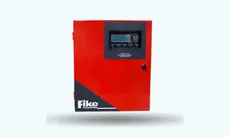
FCP-75
Max IDP Devices
75 detectors | 75 module
Voice Evacuation
No
Power Supply
2.5A
NACs
2
SBUBSs
1
—
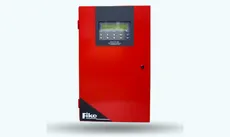
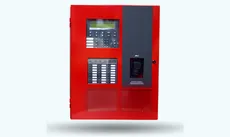
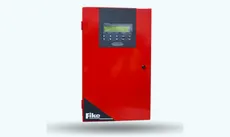
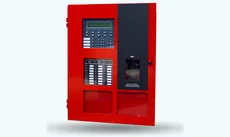
FCP-2100ECS
Max IDP Devices
2100 Mixed
Voice Evacuation
Yes
Power Supply
9A
NACs
8 (Flexput)
SBUBSs
2
—
FCP Features

Building occupants receive clear and concise audible messages about the nature of the hazard, their proximity to it and instructions to safely evacuate the building.

Each IDP detector’s specific position and status is monitored by the fire panel, allowing safety personnel to immediately locate the fire. Other benefits include the ability to easily replace a detector via dip switches (no computer required) and monitor event history.

Fike FCP downloads its complete configuration of the fire system in just minutes rather than hours, allowing your application to be protected as quickly as possible.

If you are interested in replacing a fire panel such as a Fike Cybercat with Fike FCP, contact a Fike representative today to discuss our upgrade program.
Fike Cheetah® Xi
Addressable Releasing Panel
Do you have critical assets that must be protected at all costs? Offering networkability of up to 128 panels, Cheetah Xi is compatible with all of Fike’s fire suppression systems, including chemical agents, water mist, inert gas and CO2 – ensuring the most effective solution is available to meet your unique challenges and business needs.
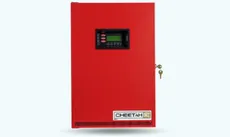
Cheetah Xi 50
Max Eclipse Devices
50
Conventional SLC Points
1
Voice Evacuation
No
Power Supply
5.25A
—
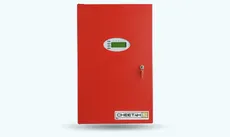
Cheetah Xi 1016
Max Eclipse Devices
1016
Conventional SLC Points
2, expandable to 4
Voice Evacuation
No
Power Supply
6A, expandable to 12A
—

Cheetah Xi 1016
Max Eclipse Devices
1016
Conventional SLC Points
2, expandable to 4
Voice Evacuation
No
Power Supply
6A, expandable to 12A
—
Fike SHP-PRO®
Conventional Single-Hazard Releasing Panel
If you have a small room or a limited number of critical assets requiring reliable fire protection, SHP-PRO is Fike’s most cost-effective and easy-to-install releasing panel. SHP-PRO® is often used in conjunction with a building’s primary fire alarm system to provide quick and reliable fire suppression using any of Fike’s agents.
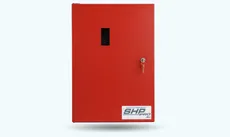
SHP-PRO
Max Eclipse Devices
25 per detection circuit
Conventional Detection Circuit
2
Voice Evacuation
No
Power Supply
4A
Class B Input Circuits
3
—
CIE-A-400
The CIE-A-400 1-2 Loop Addressable Fire Alarm Control Panel is a single loop panel upgradable to two loops with an additional loop card (Sold separately 540-0003). Each loop is capable of supporting up to 200 devices* with a maximum loop length of 2KM. The panel also provides two configurable Monitored Input Circuits, 2 configurable Monitored Output Circuits, 2 configurable Relays, 1 Fault Relay and also a Peripheral Bus Circuit to add up to 8 Repeater Panels.
*Please check the CIE-A-400 device loading unit (DLU) calculation sheets for accurate loop loading calculations.
- One or Two Loop
- Loop length up to 2 km long
- Loop capacity up to 200 devices
- 32 fire zones and 32 I/O zones
- Alarm confirmation verification feature
- 1000 event history buffer
- Soft addressing
- 2 monitored inputs
- 2 monitored outputs
- 3 relays
- Up to 8 repeaters
- 7/9Ah max internal battery capacity or 12/17Ah with use of a battery box (540-0020)
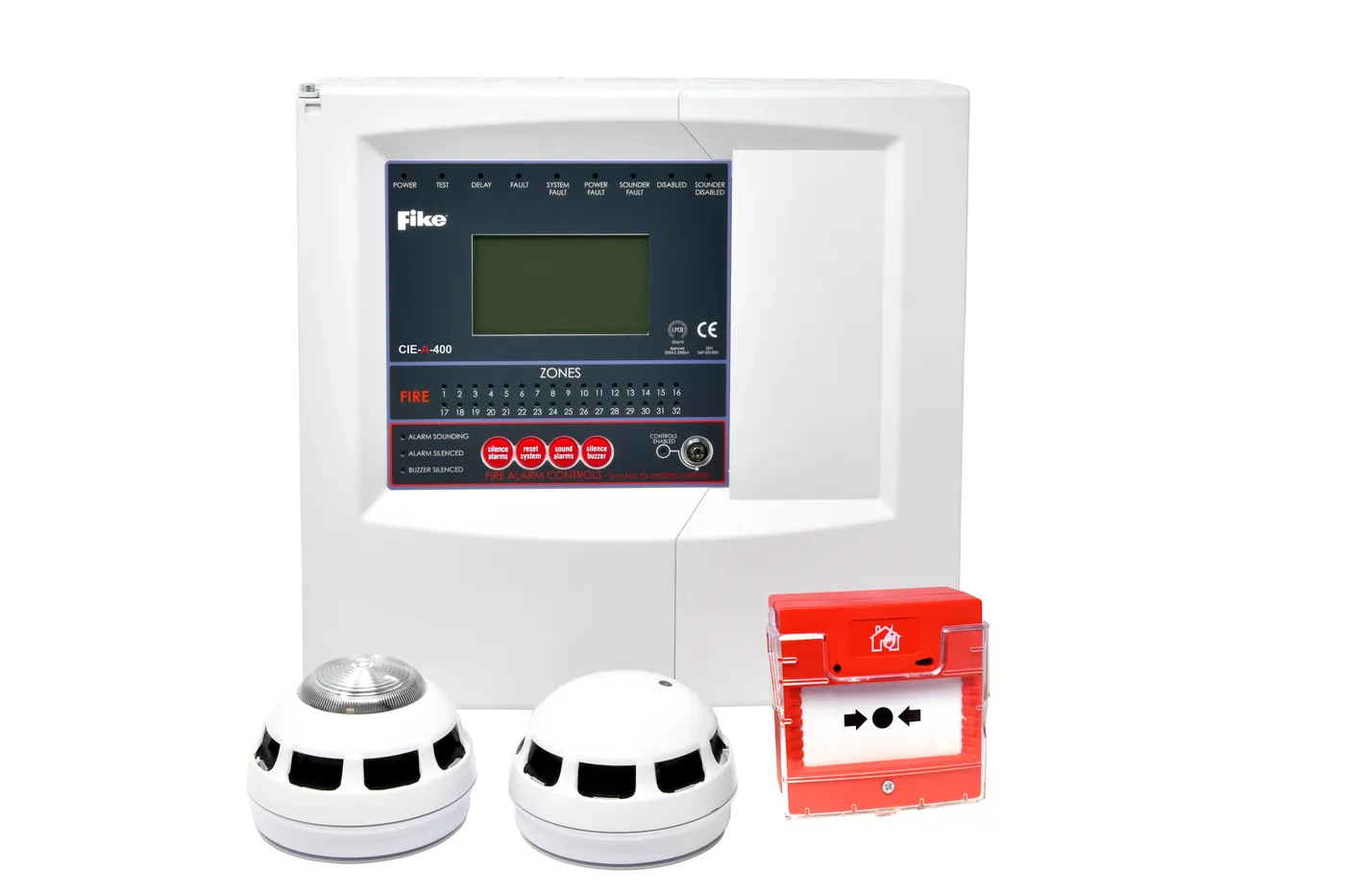
CIE-A-200
This panel has now been superseded by the CIE-A-400 1-2 Loop Panel.
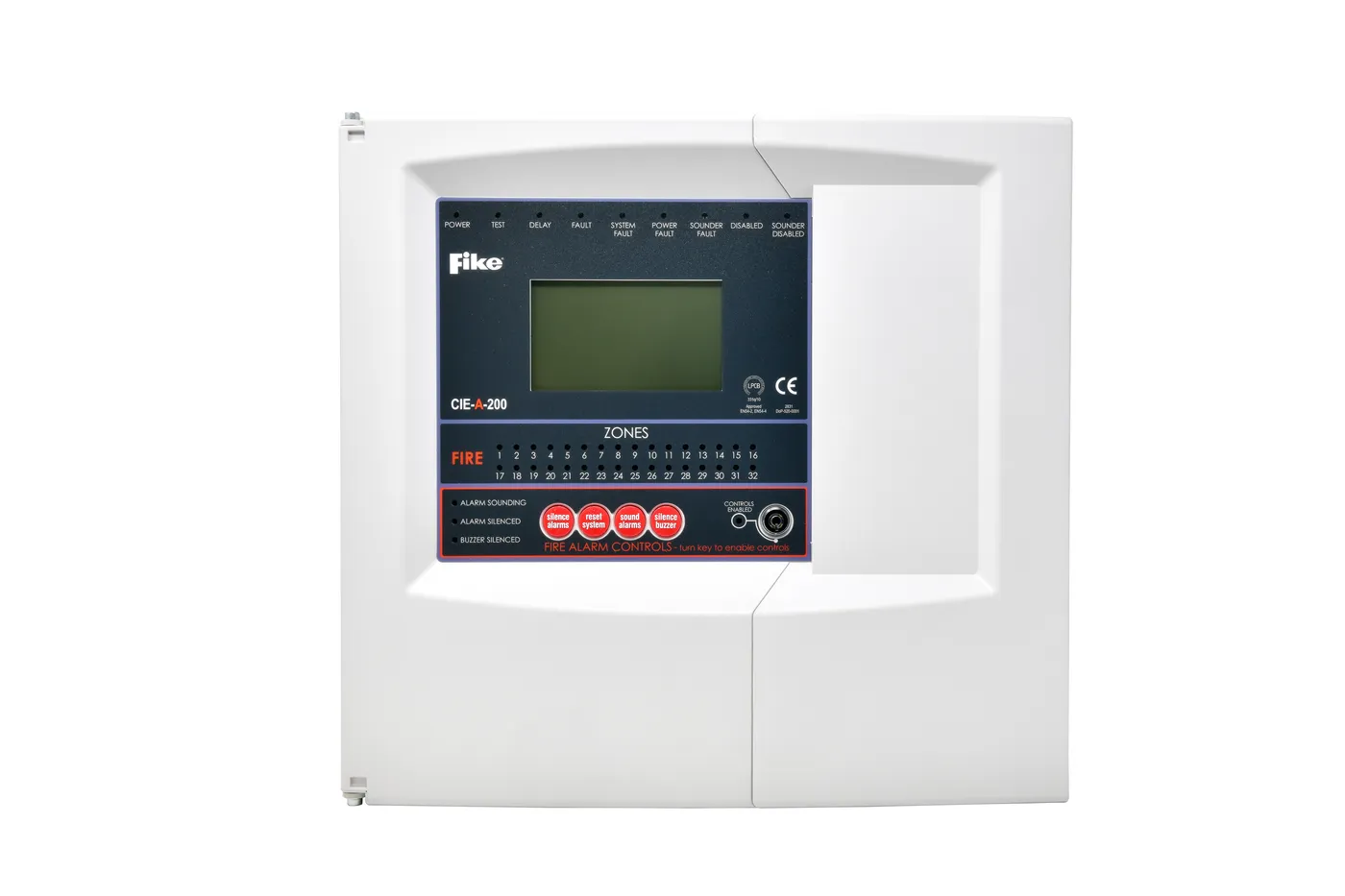
TwinflexPro2
Conventional Two-Wire Fire Control Panel
Because of its versatility, ease of installation and cost effectiveness, the TwinflexPro2 two-wire fire alarm is often the natural choice for smaller applications. The LPCB-approved fire alarm system incorporates Fike’s Twinflex Multipoint ASD, combining smoke and heat detection with an optional built-in sounder, allowing the entire system to be installed using just one pair of wires per zone.
- Differentiates between call point or smoke and heat alarms
- 4 line x 20 character LCD display
- Event log storing up to 500 events
- Alarm confirmation verification feature for BS5839 Pt 6 applications
- Available in 2, 4 and 8 zone panel versions
- Up to 32 devices per zone
- 3 enhanced test modes
- No separate End Of Line (EOL) device required
- Two-wire I/O module available for interfacing other types of detection
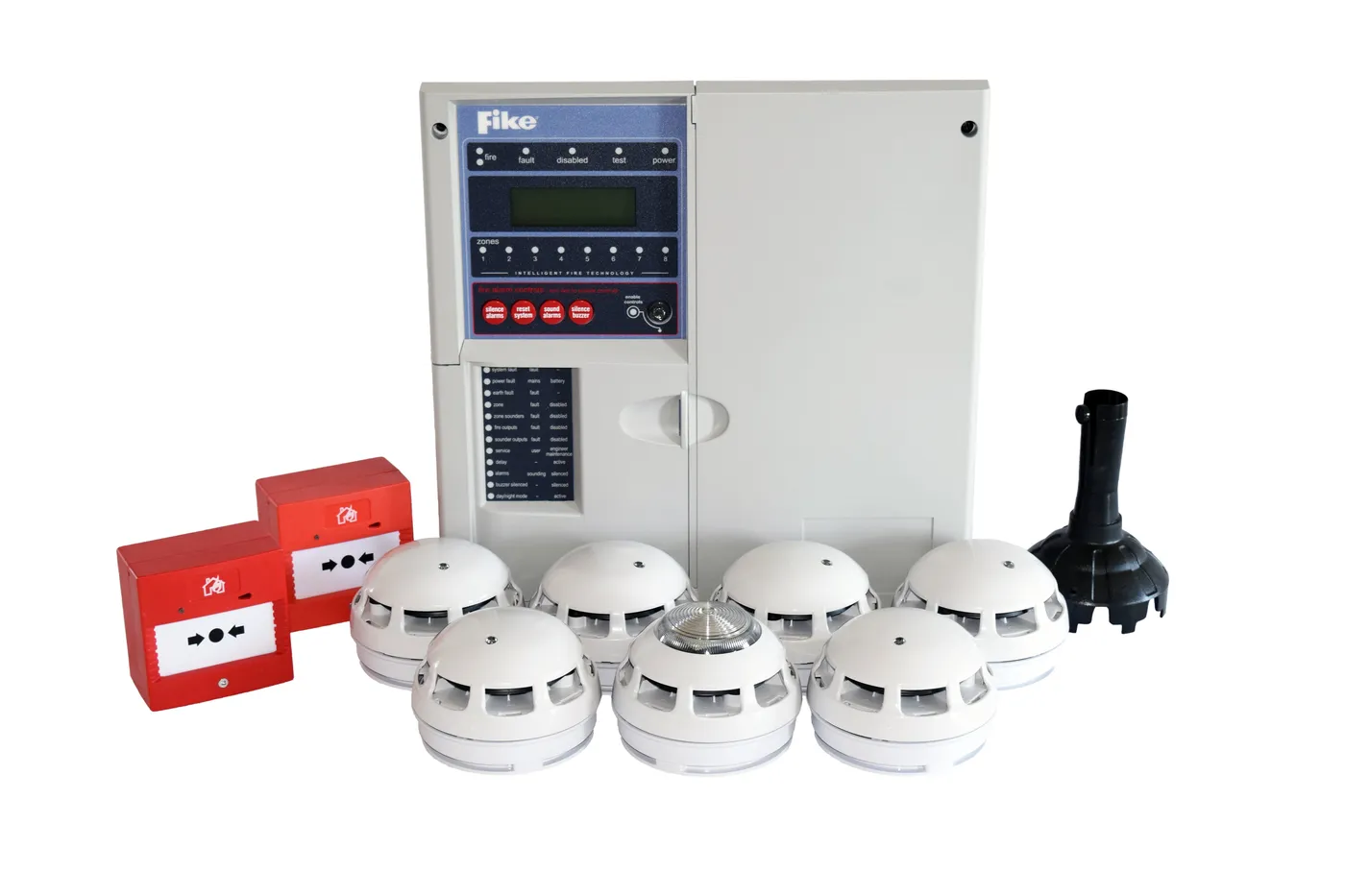
Fike Voice Evacuation
Imagine being on the seventh floor of a building and the fire alarm activates. The only instructions you hear are horns and see are strobe lights, causing mass confusion among you and other occupants.
Fike Voice Evacuation, integrated with Fike FCP ECS models, provides customized pre-recorded messages for nearly any situation: fire, tornado, building lockdown and more, to ensure occupants know how to respond in any emergency situation regardless of their location in the building.
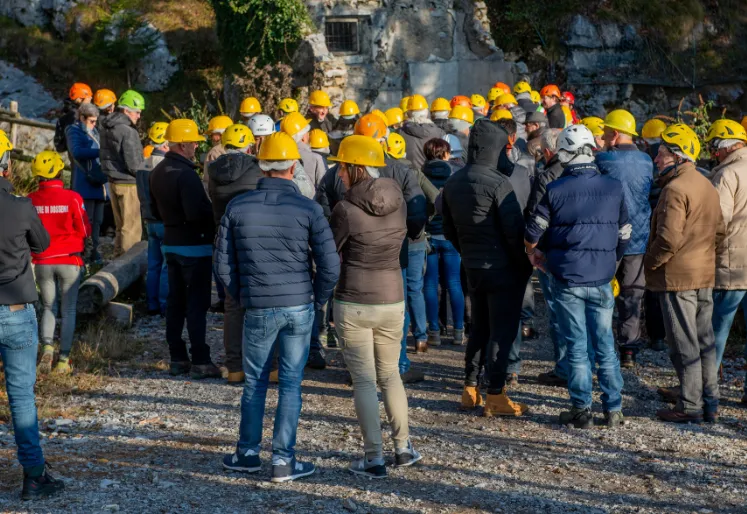
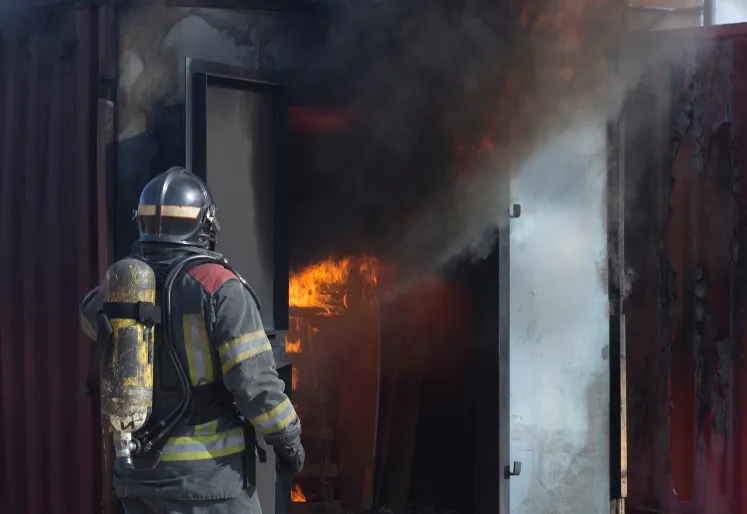
How do fire control panels work?
1. Fire Detected
A detector identifies the fire and notifies the fire control panel. Very early warning detectors such as air sampling, flame detectors and video analytics are ideal for certain applications to ensure the fire is detected in its incipient stages.
4. Suppression Flows
If applicable, a releasing panel will activate relays to dispense pre-action sprinkler systems or special hazard suppression such as a chemical agent or water mist onto the protected space. This function may be performed by the building’s primary fire control panel (Cheetah Xi) or by releasing panels connected to it (SHP-PRO).
2. Alarm Activates
The fire control panel goes into alarm, activating horns and strobes or pre-programmed voice evacuation functions to quickly evacuate building occupants. It may also notify nearby occupants of the impending release of suppression systems.
5. Fire Located By Fire Personnel
When fire personnel arrive, they may locate an addressable remote display near the entrance, which will clearly display the location of the hazard based on the detector’s address in the system.
3. Building Relays Activate
If the fire panel is integrated with building management systems, it may recall elevators to the first floor, unlock doors and activate ventilation systems.
What is the difference between addressable and conventional fire control panels?
It’s recommended that any fire control panel equipped with 10 detectors or more is an addressable panel. But why?
Addressable fire detection systems give each detector a specific address, allowing full visibility of the detector’s status and precise accuracy for the location of a hazard.
A few instances where addressable fire protection systems include:

The delivery of fire suppression systems to specific locations, rather than an entire floor where it’s not necessary and will damage areas not affected by the fire.

Specific voice evacuation messages may be customized based on the detector’s location to ensure the correct instructions are communicated to increase the speed of evacuation and decrease confusion among occupants.

Allows building management or safety personnel to quickly identify the location of the fire, ensuring building occupants have safely evacuated and the fire is controlled as quickly as possible.
Conventional fire alarm systems do not allow for this level of functionality, which is why they are not recommended in buildings with a significant number of occupants or critical assets which must be protected.
